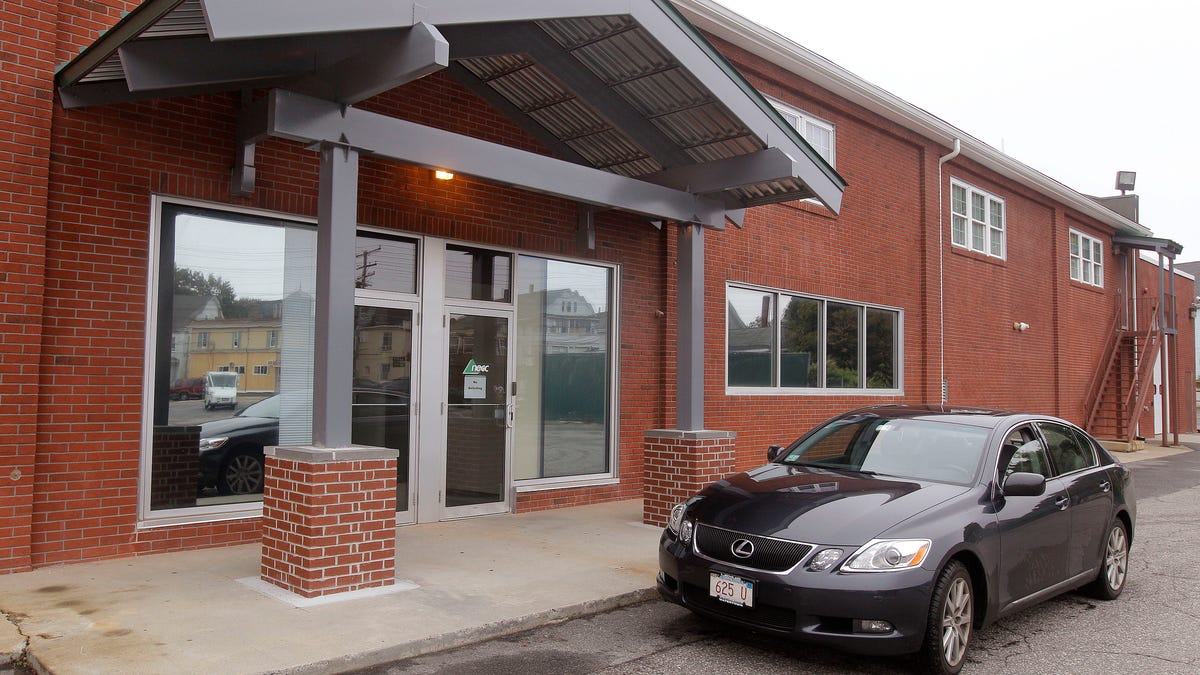
An outbreak of a rare and deadly form of fungal meningitis is believed to have been traced back to a steroid manufactured by the New England Compounding Center. (AP Photo/Stephan Savoia) (AP2012)
The outbreak of a rare form of meningitis is prompting some doctors to rethink their use of a specialized type of pharmacy that created steroid injections tied to 119 illnesses and 12 deaths.
MedStar Health, a health-care provider that includes Georgetown University and Washington Hospital Center in Washington, D.C., said it is reconsidering its currently limited use of compounding pharmacies, which create alternative versions of medicines, such as liquid forms of pills. "I think the whole [health-care] industry is going to undergo some serious internal rethinking," said Bonnie Levin, assistant vice president for pharmacy services at MedStar.
MedStar, which owns nine hospitals in Maryland and the District of Columbia, says 99 percent of its medicines are made by drug manufacturers and obtained through wholesalers. It uses compounding pharmacies to make or repackage a few products, such as taking an anesthesia out of a large vial and putting it into syringes, Ms. Levin said. It also turns to compounding pharmacies when there are shortages of products like electrolytes that are used in fluids given to patients.
Western Connecticut Health Network, which includes two hospitals and three ambulatory surgical centers, last week removed all products made by New England Compounding Center, the company blamed in the contaminations, and turned to an FDA-approved manufacturer for its spinal steroid injections. WCHN is now reviewing whether it will use compounding pharmacies at all, said Matt Miller, the network's chief medical officer.
"What is the level of quality control at these companies?" asked Dr. Miller.
The fungal meningitis traced to injections produced by New England Compounding Center has caused illnesses and deaths in 11 states. The large compounding pharmacy in Framingham, Mass., had shipped 17,676 vials of potentially tainted methylprednisolone acetate to 75 clinics in 23 states. It surrendered its state license to operate and recalled all its products last week.
An NECC spokesman declined to comment.
New Jersey health officials said Tuesday they had identified their state's first case of fungal meningitis, in a 70-year-old man who had received a steroid injection from one of the recalled lots. The man came to an emergency room with a headache and fever; he is being treated with antifungal medication and is recovering, they said.
As many as 13,000 people were exposed to the tainted injections, and Tennessee Health Commissioner John Dreyzehner said Tuesday the incubation period for the disease may be longer than originally thought: between six and 42 days, rather than two and 28 days. "Some experts believe vigilance for up to three months will be necessary," he said. That means even patients who got injections in mid-July could still be at some risk.
The U.S. has about 3,000 compounding pharmacies, up from virtually none in 2000, according to the International Academy of Compounding Pharmacists. While they effectively make drugs, they are overseen by state boards of pharmacy rather than regulated like drug companies by the U.S. Food and Drug Administration.








































